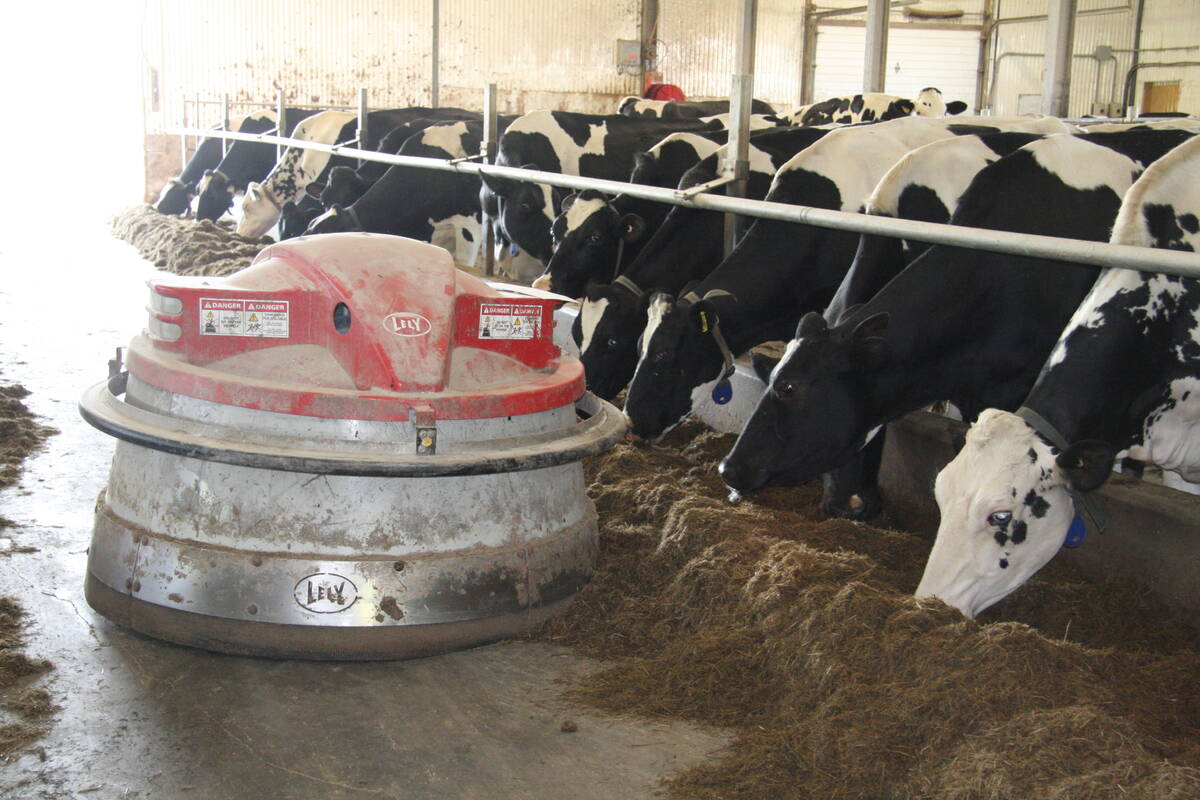IT IS INCONCEIVABLE, at the end of these negotiations, that if there was a successful World Trade Organization deal, Canada would opt out.
Those aren’t my words.
They were uttered a mere two and a half years ago by straight-talking Conservative trade minister David Emerson. Later, then-agriculture minister and equally straight-talking Chuck Strahl repeated the sentiment.
Given the tight control that Stephen Harper’s office keeps over government messaging, you have to assume those assertions had prior high-level approval.
Read Also

Partnerships, communication key to disease management
Communication and strong, trusted partnerships are key to managing infectious diseases like Foot and Mouth Disease and HPAI.
It made sense.
Agriculture is an important part of the Canadian economy and a key trade issue but it is a relatively minor part of a broader economy of goods and services that has interests at play in WTO talks.
Supply management interests at risk in WTO negotiations are a minority part of that relatively small sliver of the total economy.
To scuttle an overall trade deal, to the dismay of powerful economic players and other world economies, in defence of select and threatened sectors of Canadian agriculture is indeed inconceivable.
So what was Stockwell Day doing last week by promising that his government would opt out of any WTO deal that reduced supply management protections or undermined the Canadian Wheat Board monopoly that the Conservatives would relish killing on their own, right here on Canadian soil?
Day is an energetic and effective trade minister in the Conservative government, allowed by the prime minister’s office to be one of the most visible cabinet ministers. Again, his commitment no doubt had been vetted by the PMO.
What has changed in 30 months?
One possibility is that Day really believes the rest of the world will fight Canada’s intransigence at the negotiating table but in the end say “whatever” because they have bigger fish to fry or because we’re such darn nice people. Possibility one: Canada actually will win the point.
A second possibility is that Day and the government have given up on the likelihood of a WTO deal anytime soon. Possibility two: Canada’s bravado will never be put on the line.
A third possibility is that the government is thinking short-term and politically, knowing that the Geneva moment of truth will not come before the next election so the promise to go to the wall will play well in rural Canada without the need to show and tell. Possibility three: seems almost too politically cynical.
A fourth possibility is that Day was trying to say it and not say it, since he never really uttered the words indicating Canada would walk away. Rather, he responded to New Democrat Peter Julian’s attempt to pin him down on walking away by saying: “Absolutely. We’ve been clear on that.”
Since the question was clear, it is difficult to imagine wiggling out of the intent of the answer. Possibility four: exploiting wiggle room that doesn’t really exist.
Julian later defined the government problem if it turns out to be possibility four.
“The minister I think is on the record now after this committee meeting today,” he said. “We will see whether or not his words are taken as gospel in the negotiations.”
Stay tuned.














